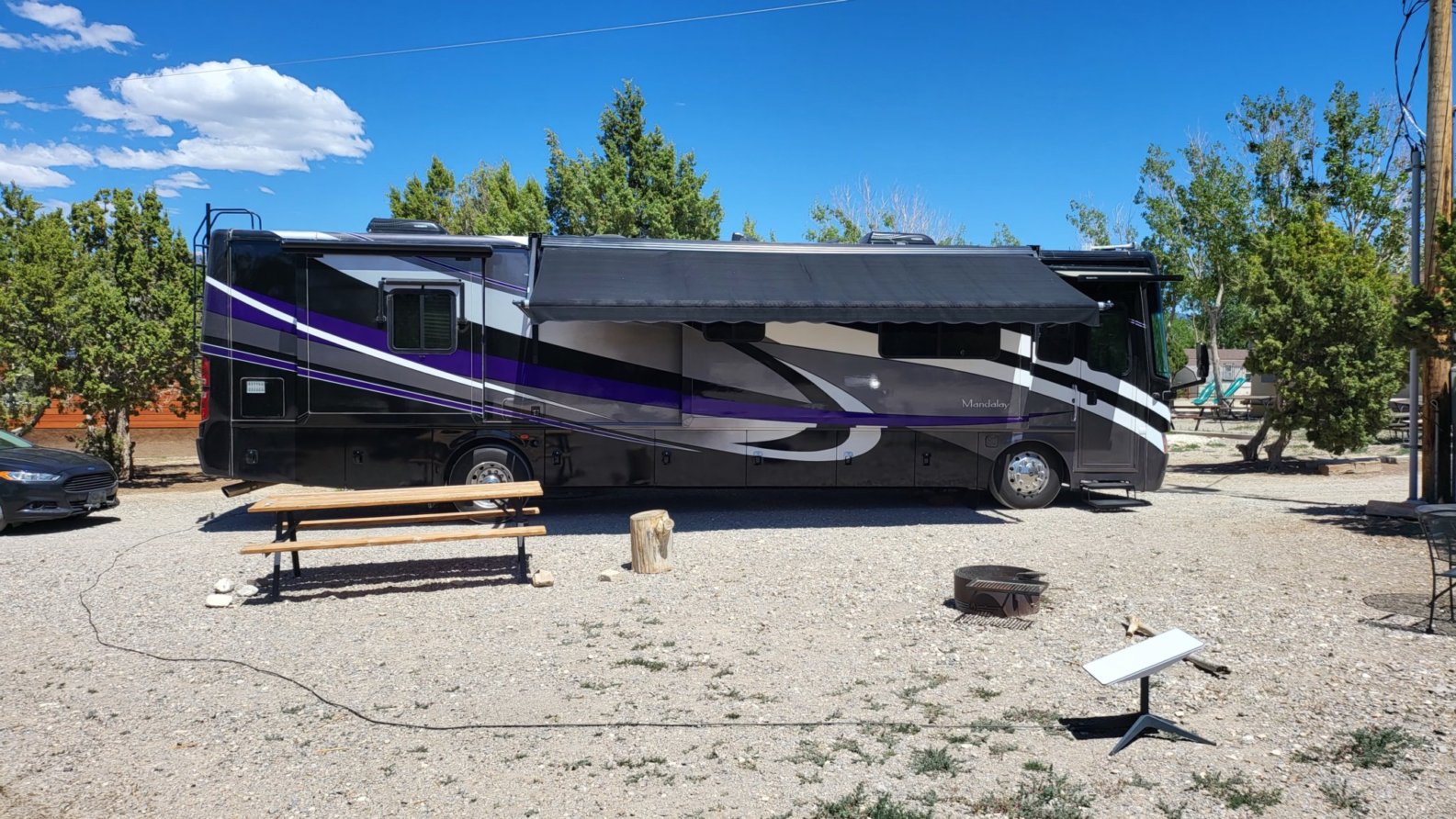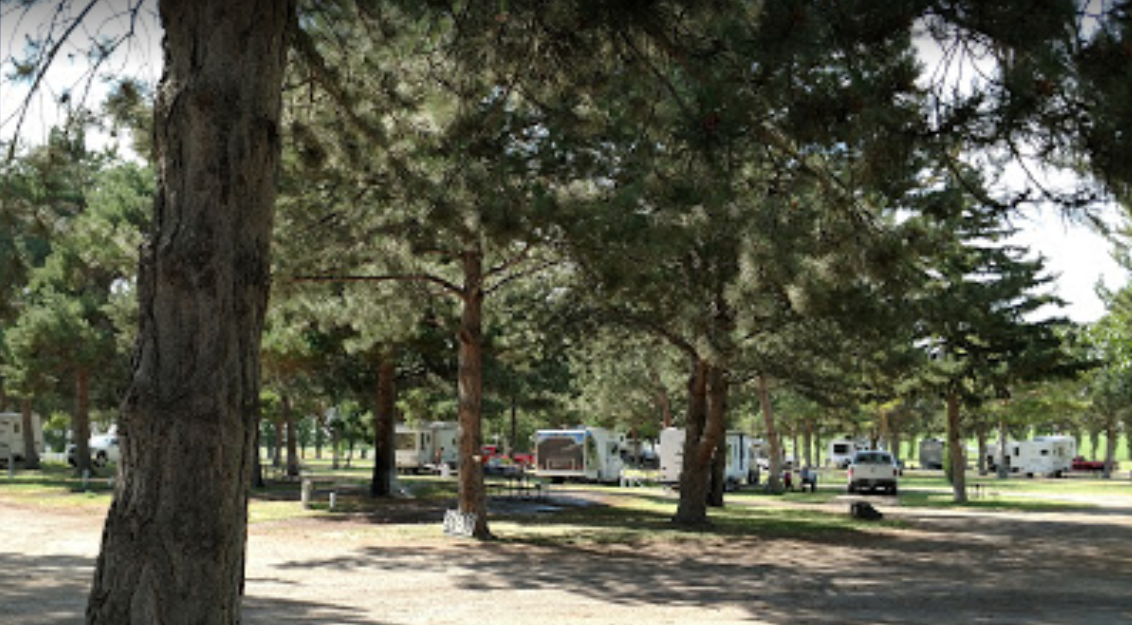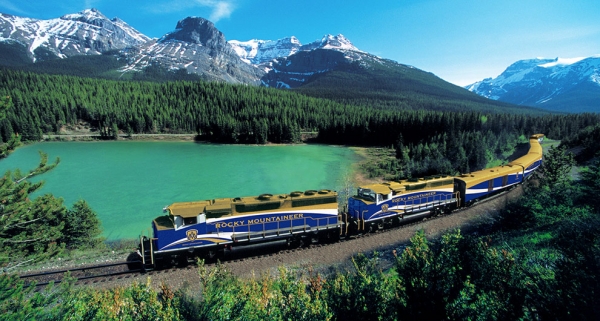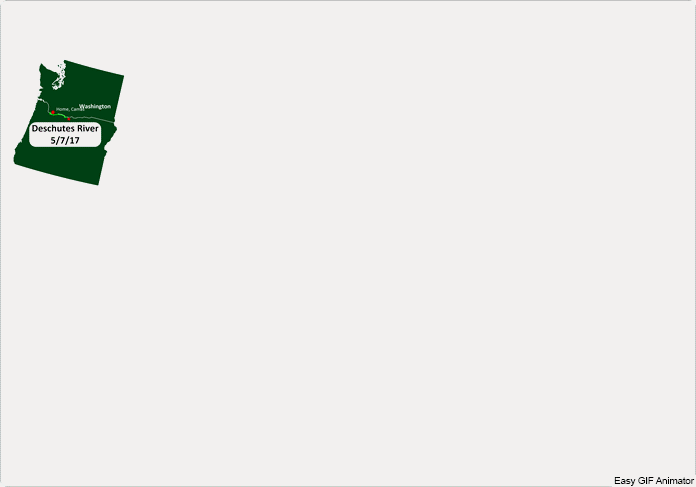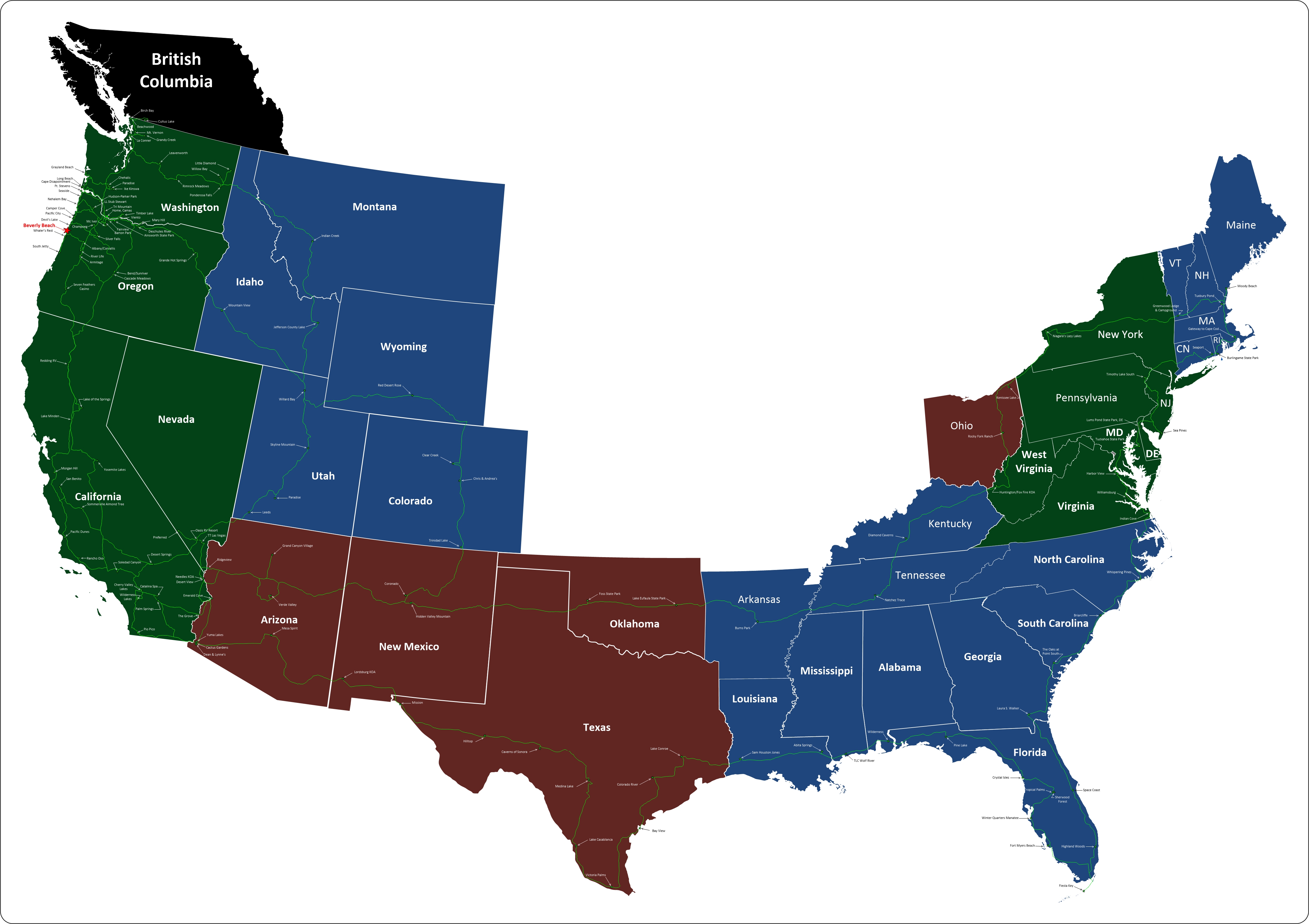The first British settlement in the area was Fort Victoria, established in 1843, which gave rise to the City of Victoria, at first the capital of the separate Colony of Vancouver Island. Subsequently, on the mainland, the Colony of British Columbia (1858–1866) was founded by Richard Clement Moody and the Royal Engineers, Columbia Detachment, in response to the Fraser Canyon Gold Rush. Moody was Chief Commissioner of Lands and Works for the Colony and the first Lieutenant Governor of British Columbia: he was hand-picked by the Colonial Office in London to transform British Columbia into the British Empire's "bulwark in the farthest west", and "to found a second England on the shores of the Pacific". Moody selected the site for and founded the original capital of British Columbia, New Westminster, established the Cariboo Road and Stanley Park, and designed the first version of the Coat of arms of British Columbia. Port Moody is named after him.
In 1866, Vancouver Island became part of the colony of British Columbia, and Victoria became the united colony's capital. In 1871, British Columbia became the sixth province of Canada. Its Latin motto is Splendor sine occasu ("Splendour without Diminishment").
The capital of British Columbia remains Victoria, the fifteenth-largest metropolitan region in Canada, named for Queen Victoria, who ruled during the creation of the original colonies. The largest city is Vancouver, the third-largest metropolitan area in Canada, the largest in Western Canada, and the second-largest in the Pacific Northwest. In October 2013, British Columbia had an estimated population of 4,606,371 (about 2.5 million of whom were in Greater Vancouver). The province is currently governed by the British Columbia New Democratic Party, led by John Horgan, in a minority government with the confidence and supply of the Green Party of British Columbia. Horgan became premier as a result of a no-confidence motion on June 29, 2017.
British Columbia evolved from British possessions that were established in what is now British Columbia by 1871. First Nations, the original inhabitants of the land, have a history of at least 10,000 years in the area. Today there are few treaties, and the question of Aboriginal Title, long ignored, has become a legal and political question of frequent debate as a result of recent court actions. Notably, the Tsilhqot'in Nation has established Aboriginal title to a portion of their territory, as a result of the 2014 Supreme Court of Canada decision in Tsilhqot'in Nation v British Columbia.
